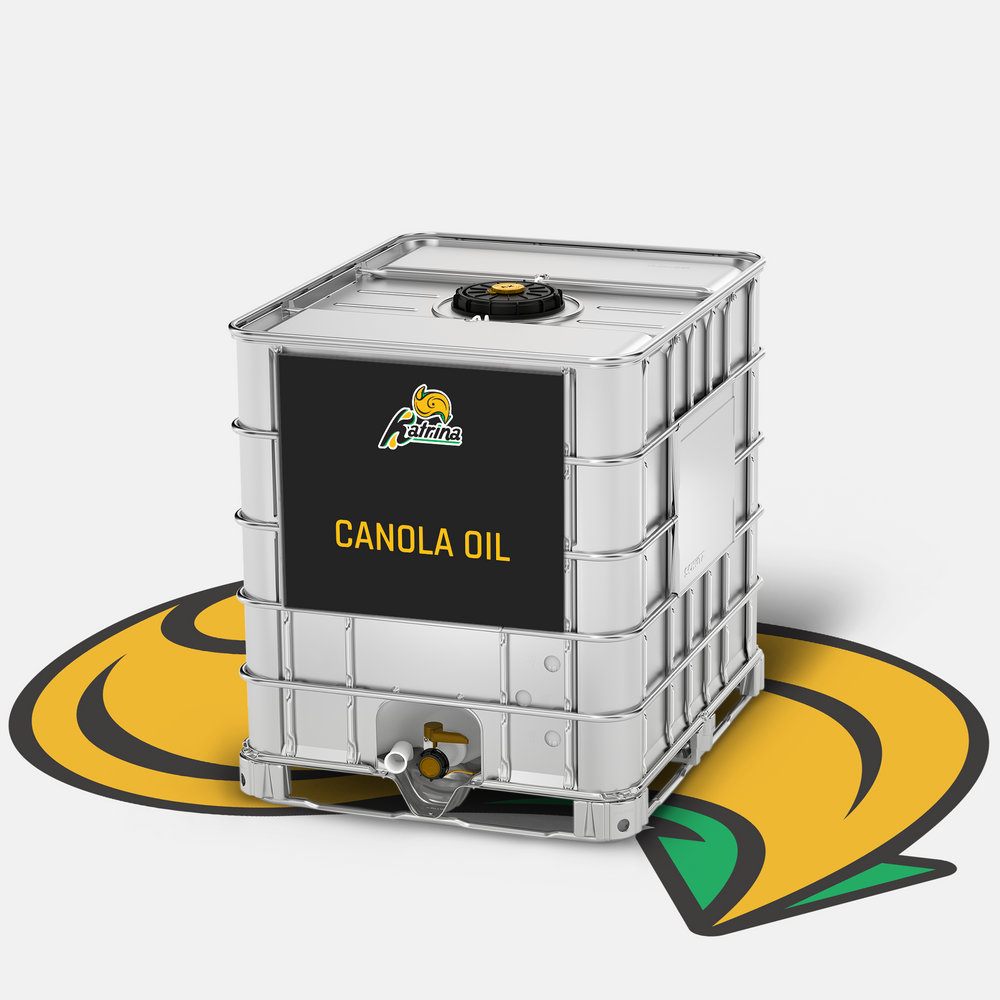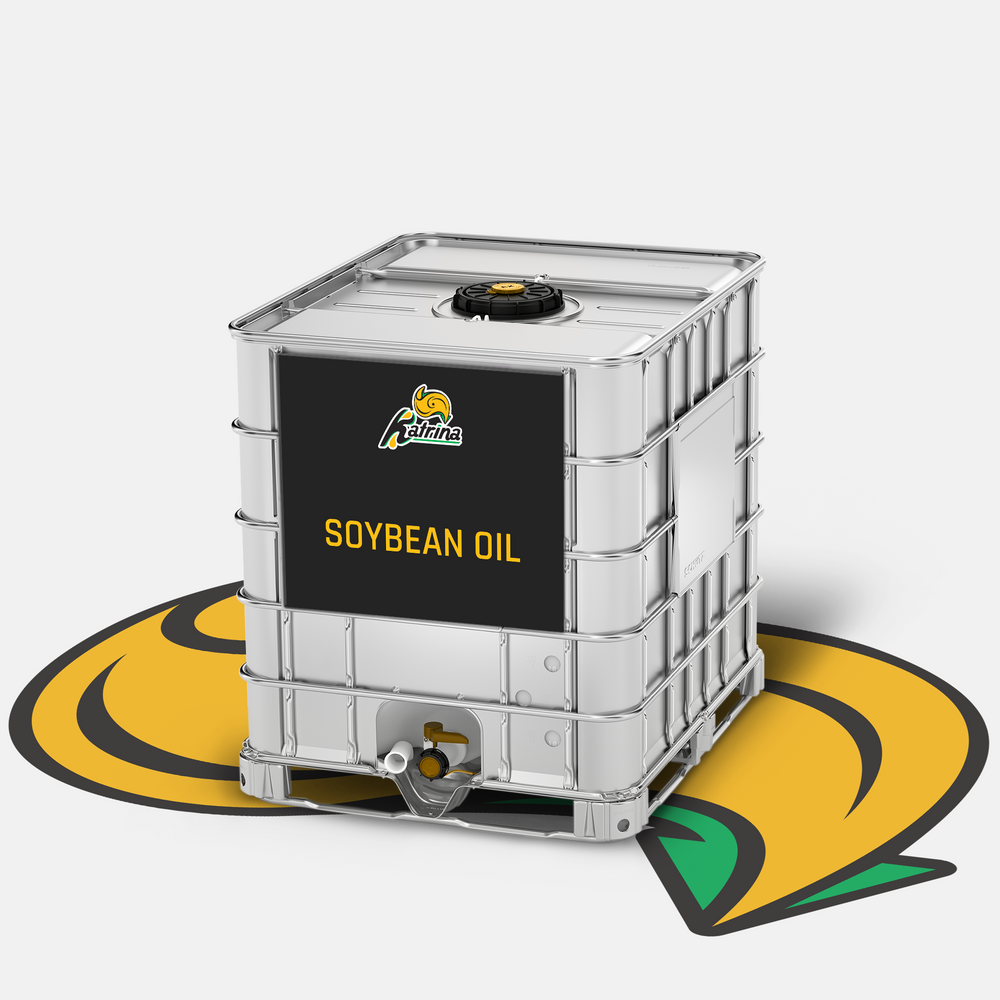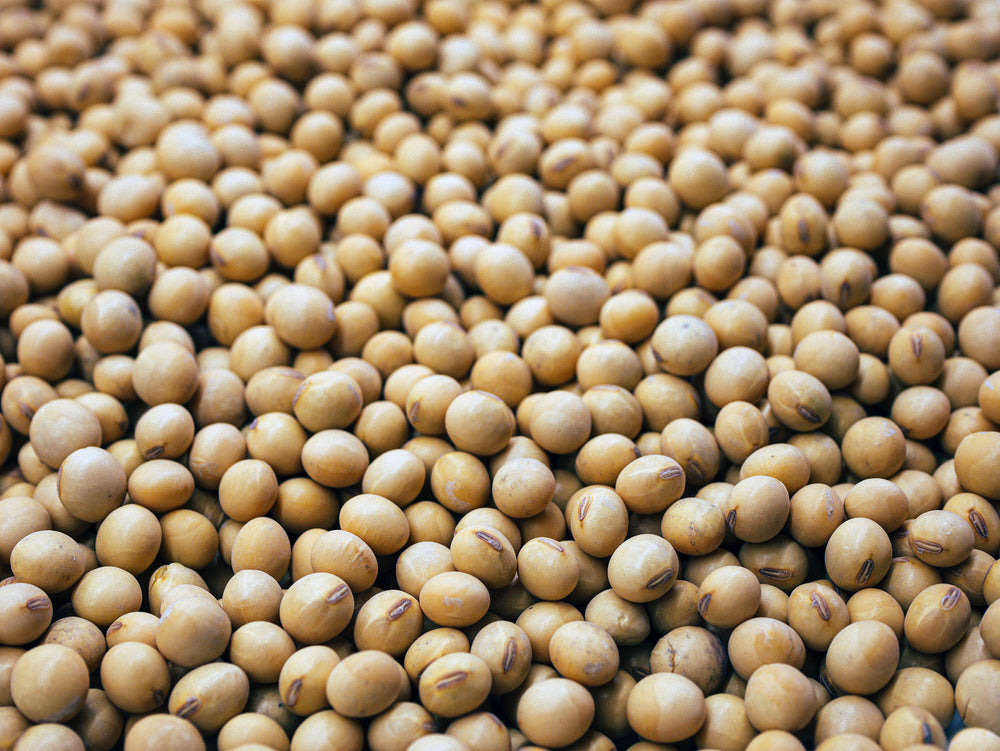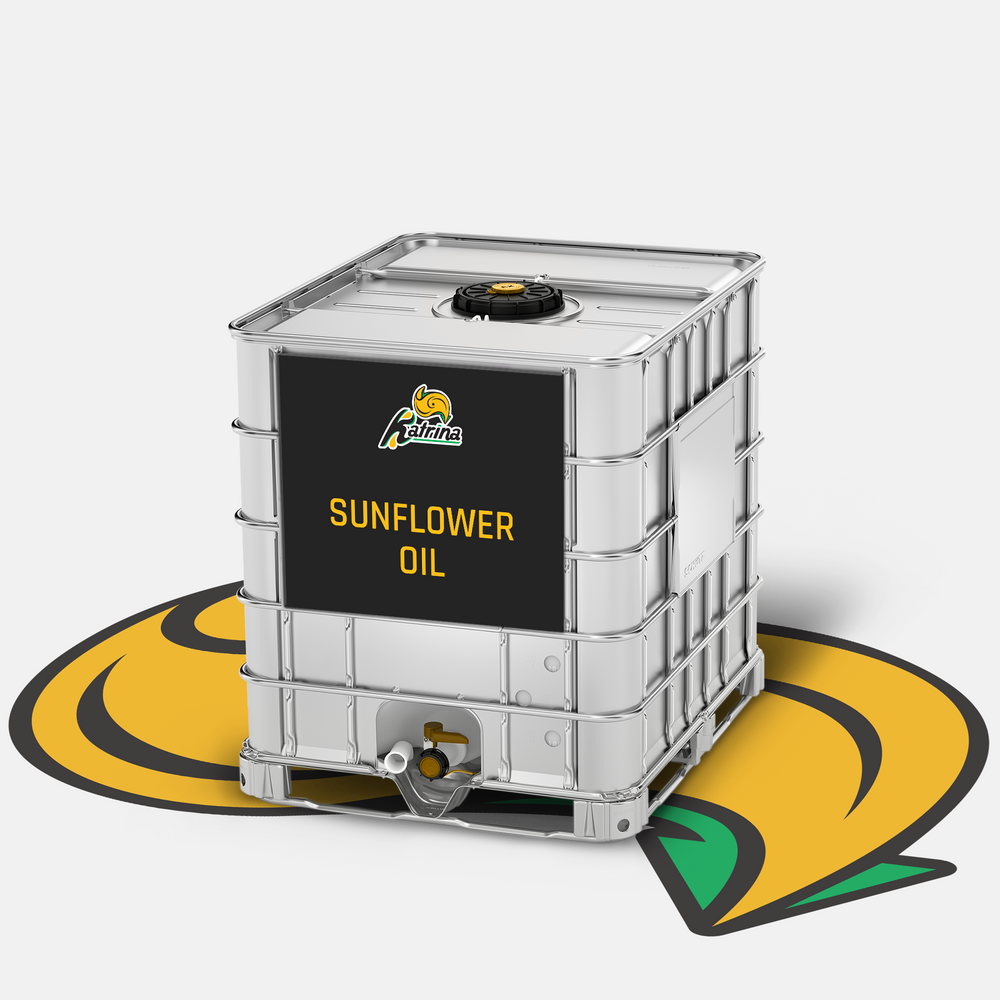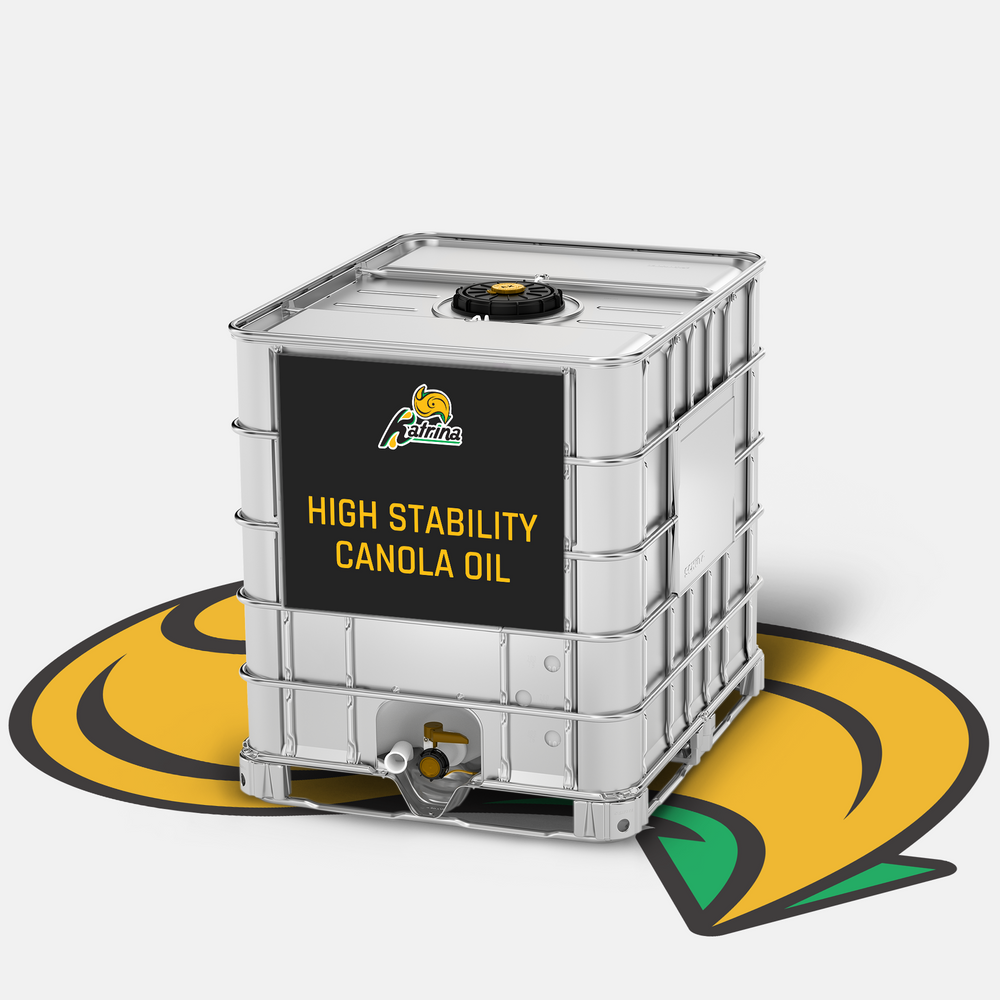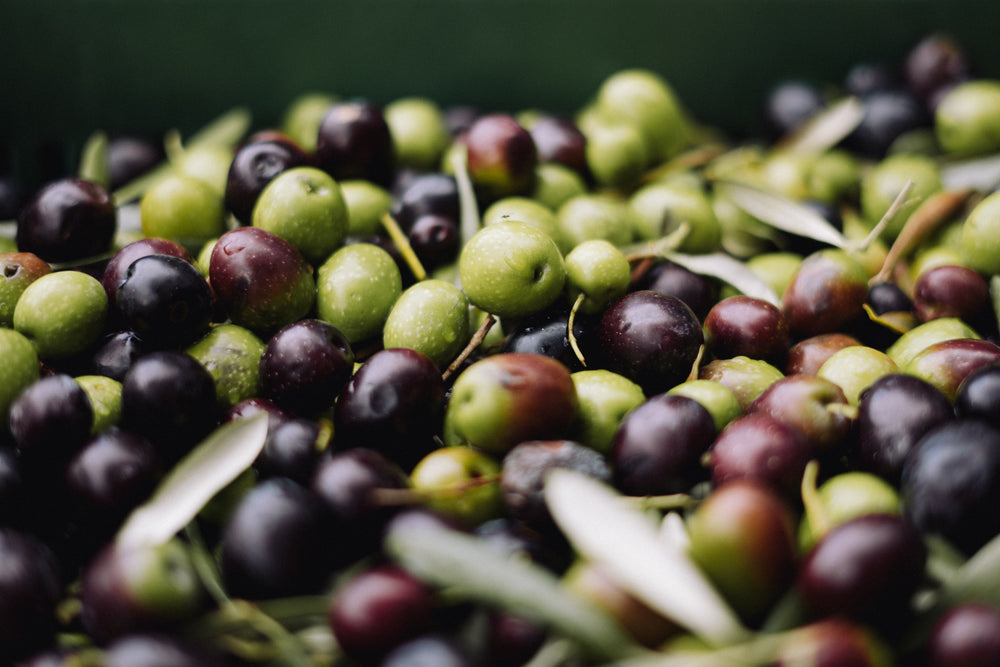Bulk Vegetable Oils Cheat Sheet: Your Complete Guide
When it comes to bulk vegetable oils, the choices can be overwhelming. Each type of oil has its unique characteristics, flavours, and ideal culinary applications. Whether you're a food manufacturer or restaurant owner, understanding the differences between various vegetable oils can elevate your business.
In this comprehensive guide, we'll delve into the world of bulk vegetable oils, exploring their unique properties, uses, and special designations like Non-GMO, Organic, and Kosher. Let's unlock the secrets of sunflower oil, soybean oil, canola oil, olive oil, high oleic canola oil, and more!
Sunflower Oil
Unique Features:
- Sunflower oil is known for its light, clean taste and is available non-GMO, organic, and regular varieties.
- It contains heart-healthy monounsaturated fats.
Common Uses:
- High Heat Cooking: The smoke point of regular sunflower oil is typically around 440-450°F (227-232°C). This makes it suitable for frying, sautéing, and roasting.
- Baking: Its neutral flavour enhances the texture of baked goods, from cookies to bread.
- Vinaigrettes: Regular sunflower oil's light taste is perfect for salad dressings or sauces like pesto.
Soybean Oil
Unique Features:
- Soybean oil is one of the most widely used cooking oils in the world.
- It is a versatile oil with a neutral flavour and a balance of polyunsaturated and monounsaturated fats.
- Organic options are available for health-conscious consumers.
Common Uses:
- Deep Frying: Soybean oil's high smoke point of 4 50-495°F (232-257°C) and neutral flavour make it a top choice for deep frying.
- Large-Scale Food Production: Soybeans are one of the most widely cultivated crops globally, making soybean oil readily available and cost-effective for food manufacturers. This abundance and affordability make it an attractive choice for large-scale food production.
Canola Oil
Unique Features:
- Canola oil is prized for its heart-healthy monounsaturated and polyunsaturated fats.
- It has a mild, almost flavourless profile, making it ideal for preserving the natural taste of ingredients.
- Non-GMO and organic canola oil options cater to different preferences.
Common Uses:
- All-Purpose Cooking: Canola oil's versatility makes it suitable for frying, sautéing, baking, and more.
- Salad Dressings: Its neutral taste allows the flavours of herbs and spices to shine in dressings.
- Healthy Baking: Canola oil can replace butter in many recipes to reduce saturated fat content.
Olive Oil
Unique Features:
- Olive oil comes in various grades, with extra virgin being the highest quality.
- Extra virgin olive oil is prized for its rich, fruity flavour and health benefits.
- It is commonly associated with Mediterranean cuisine.
- Also available in organic varieties.
Common Uses:
- Cooking: Extra virgin olive oil adds depth to Mediterranean dishes, while lighter olive oils are suitable for sautéing and frying.
- Salad Dressings: Its robust flavour enhances vinaigrettes and marinades, often complementing other flavours.
High Oleic Canola Oil
Unique Features:
- High oleic canola oil is a specialized variety with even higher levels of monounsaturated fats.
- It offers extended shelf life and excellent heat stability.
- Suitable for frying, roasting, baking, and other forms of high-temperature cooking.
Common Uses:
- High Heat Cooking: Use it for frying and high-temperature cooking without compromising quality.
- Baking: Its neutral taste works well in various baked goods.
- Long Shelf Life: High oleic canola oil's stability makes it a valuable ingredient for commercial food production.
Non-GMO, Organic, and Kosher Oils
Non-GMO: Non-GMO vegetable oils are derived from crops that have not been genetically modified. These oils are preferred by consumers seeking natural and unaltered ingredients.
Organic: Organic vegetable oils are produced following strict organic farming practices, which prohibit the use of synthetic pesticides and fertilizers. They are popular among health-conscious individuals and eco-conscious consumers.
Kosher: Kosher-certified oils adhere to Jewish dietary laws and regulations. These oils meet specific criteria during production, making them suitable for kosher and kosher-style dishes.
In conclusion, understanding the unique characteristics and uses of different bulk vegetable oils is essential for food manufacturers and restaurateurs. Whether you're looking for an oil with a high smoke point for frying or a flavourful option for salads, there's a vegetable oil to suit your culinary needs. Additionally, Non-GMO, organic, and kosher options cater to various dietary preferences and requirements. By selecting the right vegetable oil for your products and/or dishes, you can enhance flavours, improve health profiles, and meet the demands of today's diverse food industry.

